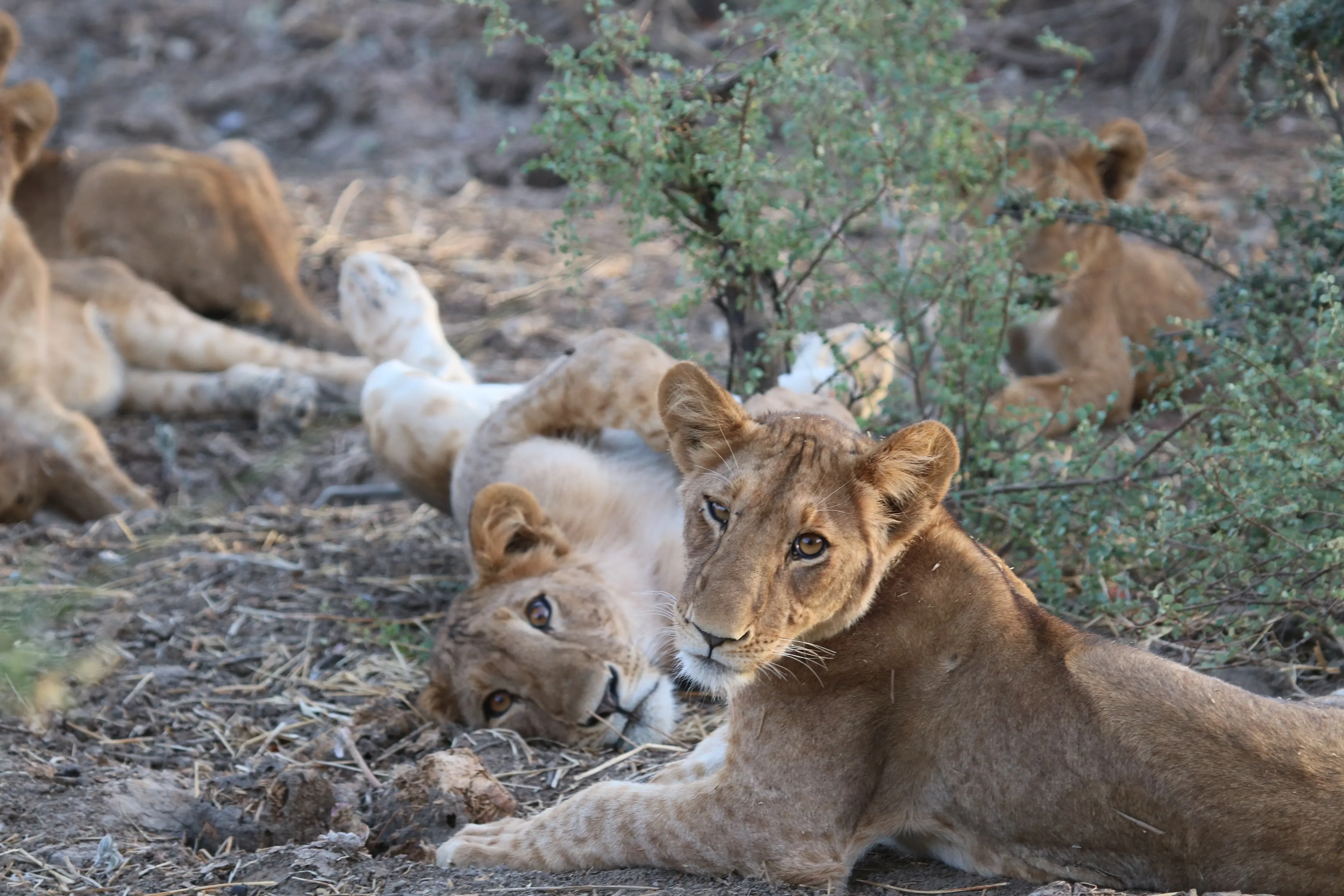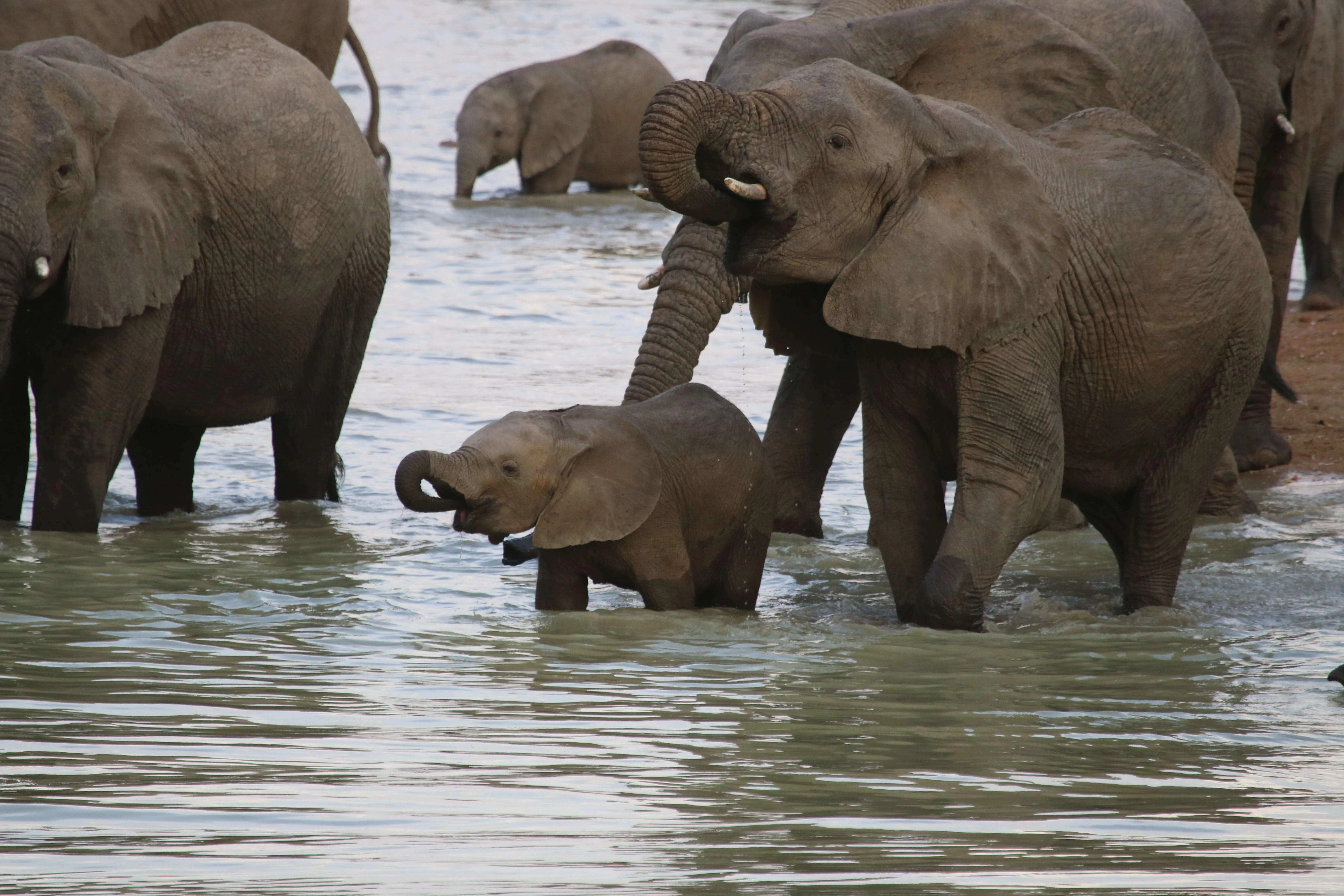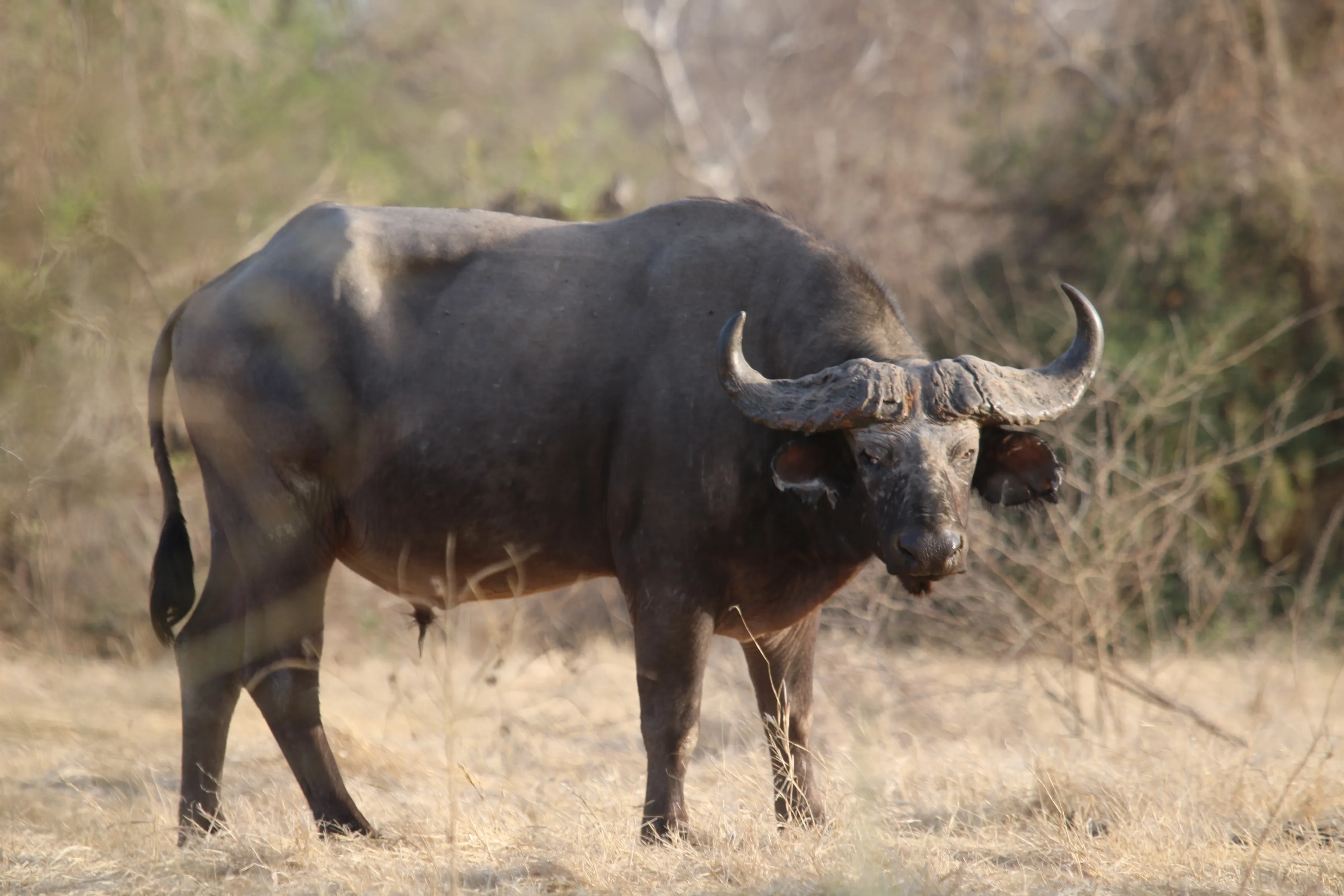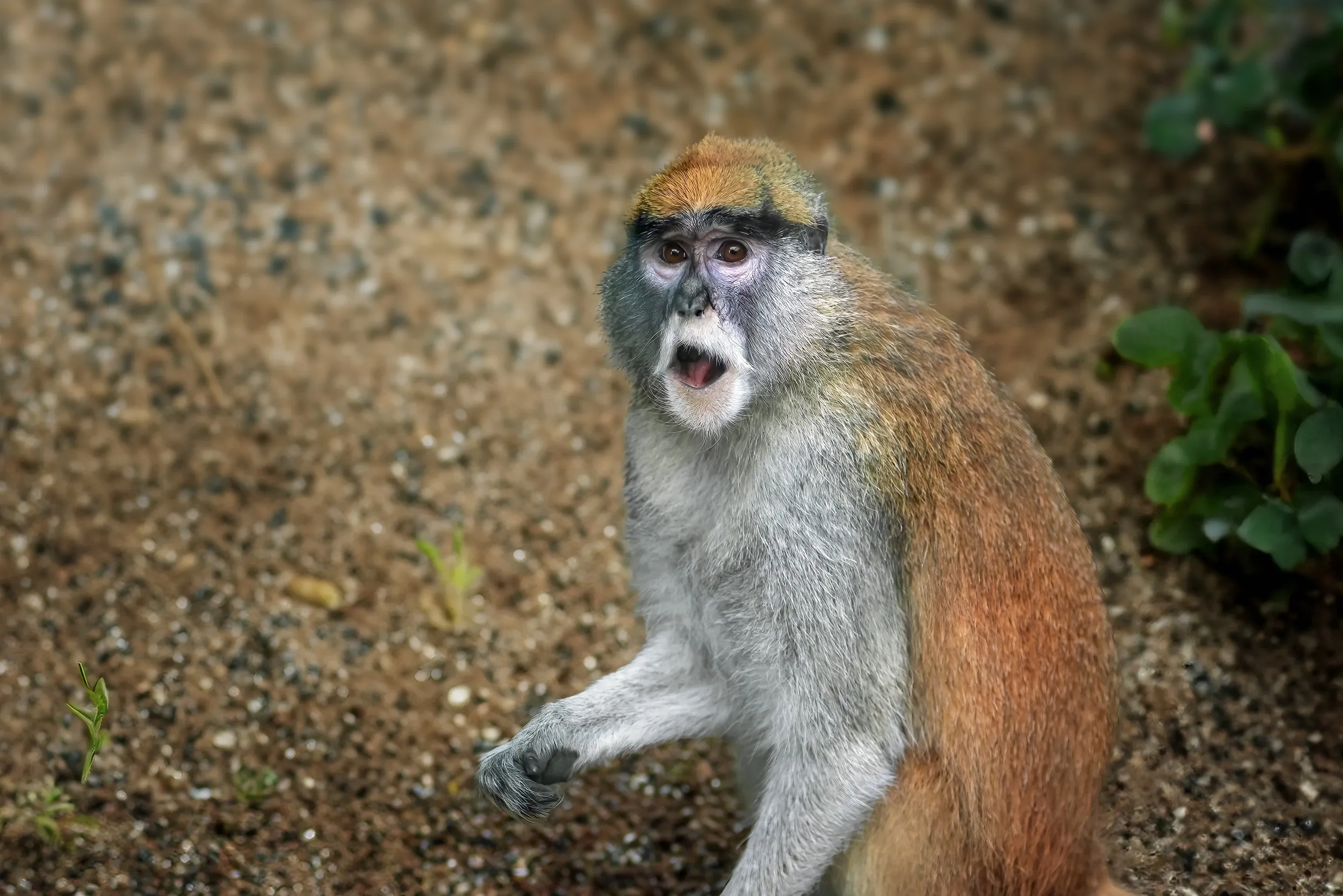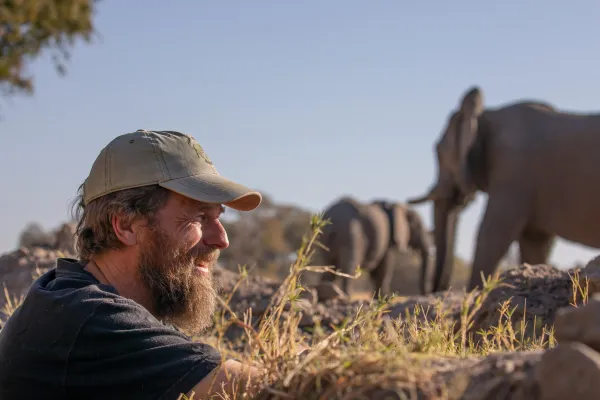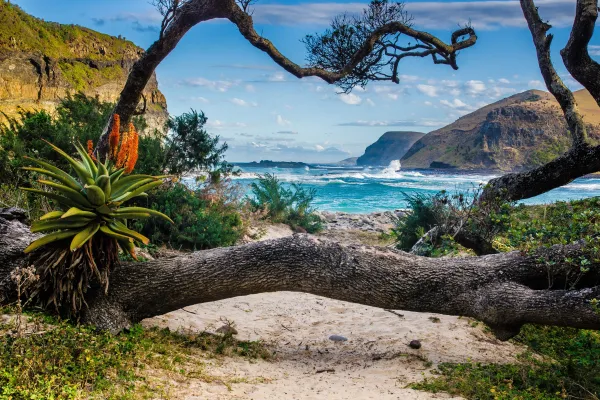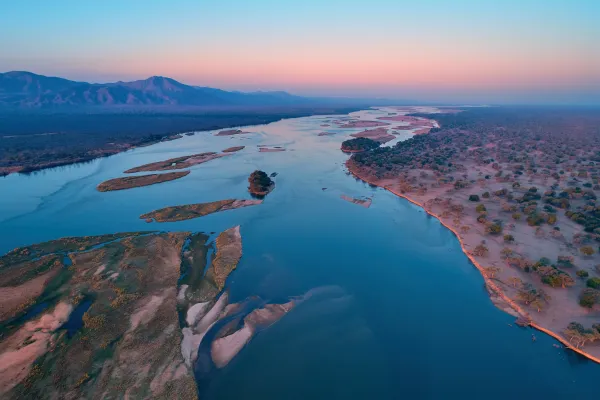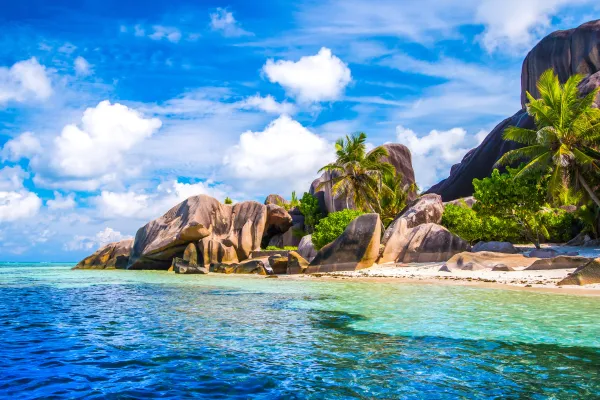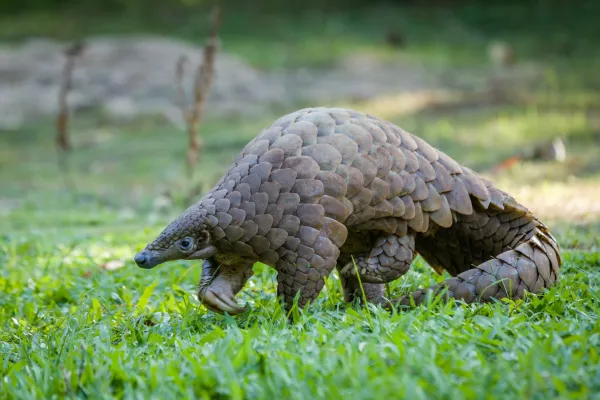A voice from the wilderness: The wildlife paradise of Zakouma
I believe it’s impossible to prepare yourself for a safari or wildlife expedition to Chad, located in remote north-central Africa. The experience is simply overwhelming, and here’s why.
Travelling Chad
To be totally honest, travel to Chad appears daunting. It’s remote, French/Arabic speaking, hot, culturally different and a long way from any conventional safari circuit. These may be true but travel and access is certainly doable and for those of us who eye-twinkle with the prospect of adventure and experience, Chad is a sublime place to visit.
“But there is nothing to see,” is a comment I often receive as the conception is that the country is a desert and wildlife has been decimated right? Wrong!
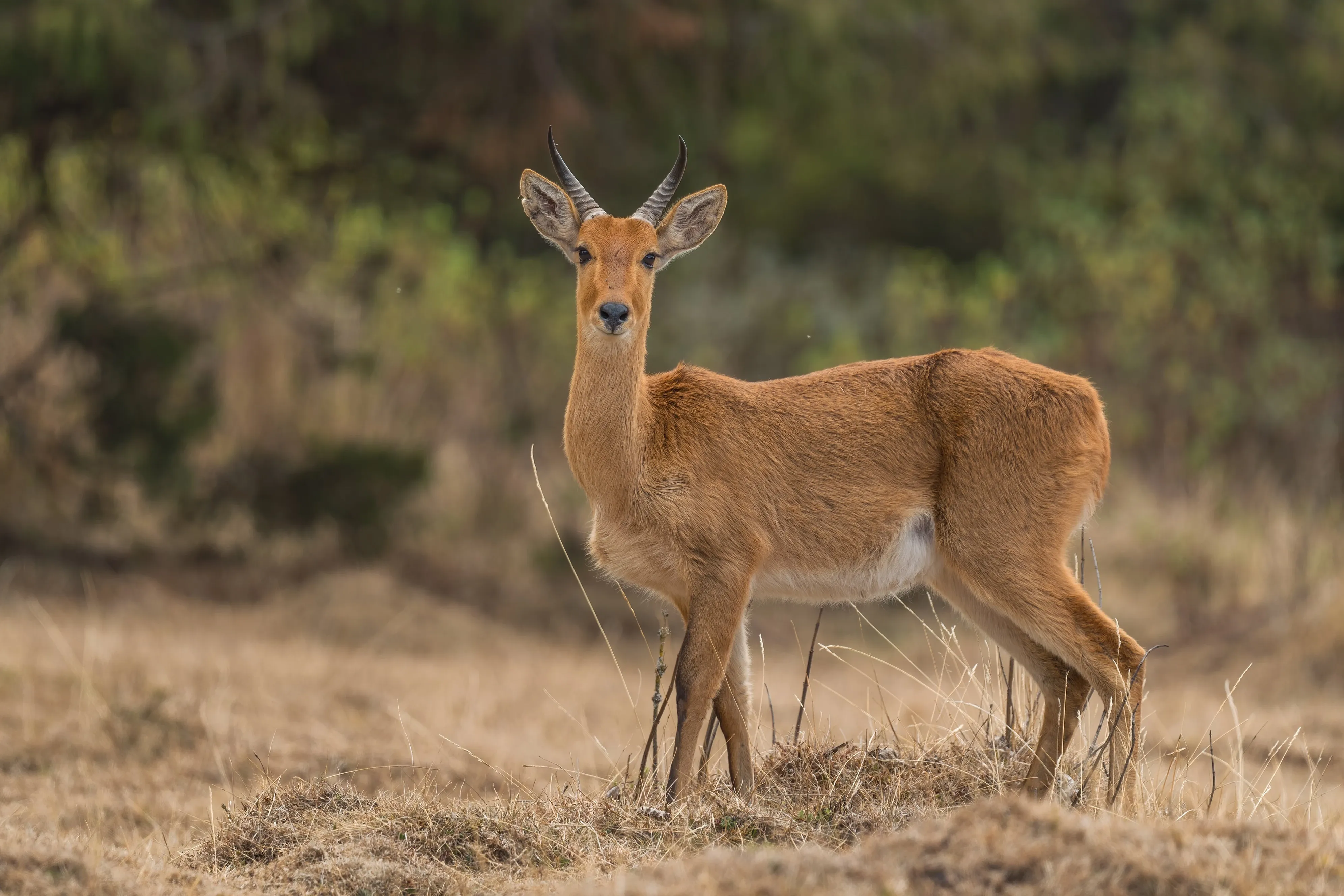
Wonders of Zakouma National Park
On arrival in Zakouma National Park in the south of Chad, the first obvious observation is that it’s no desert. The vegetation and habitat resembles much of Southern Africa, and in the wet season, receives so much rain that it cannot be accessed.
The great surprise, however, is the staggering amount of wildlife that occurs here. Herds of Kordofan giraffe (critically endangered outside Zakouma), tiang, forest buffalo and Bufon’s kob dominate, with high concentrations of bohor reedbuck, roan, kudu, olive baboon, patas monkey, lion, serval and the ultra-rare pale fox.
And the birdlife! As the floodplains and pools of the Salamat River systems recede into the dry season, flocks of waterbirds are eclipsed by the murmurings of millions of red-billed quelea. Assorted raptors and dry-habitat species indicate the incredible productivity of this remarkable ecosystem.
I have never seen anything like it in over 30 years of African safari travel. At times, in the late afternoons around waterholes, the amount of wildlife is unbelievable. Not only abundance, but layers of abundance.
Then there are the elephants. This is a special story as the population here was decimated by extreme levels of ivory poaching less than 20 years ago. A herd of some 600 now roams the 30 000 square kilometre ecosystem.
Regeneration of the National Park
The principle role player behind this incredible story of regeneration and conservation success at Zakouma is the African Parks Network. In partnership with the Chadian government, African Parks have turned the reserve around, from a once impoverished, unprotected and over-poached national park to the major success story it has become.
A spotlight of internationally recognised conservation achievement is now firmly being shone on Chad, a country with a largely unremarkable reputation. The developments at Zakouma now consist of a growing eco-tourism industry and along with this, community involvement and awareness. The story of African Parks and this sensational turnaround is very much part of the safari culture of Zakouma.
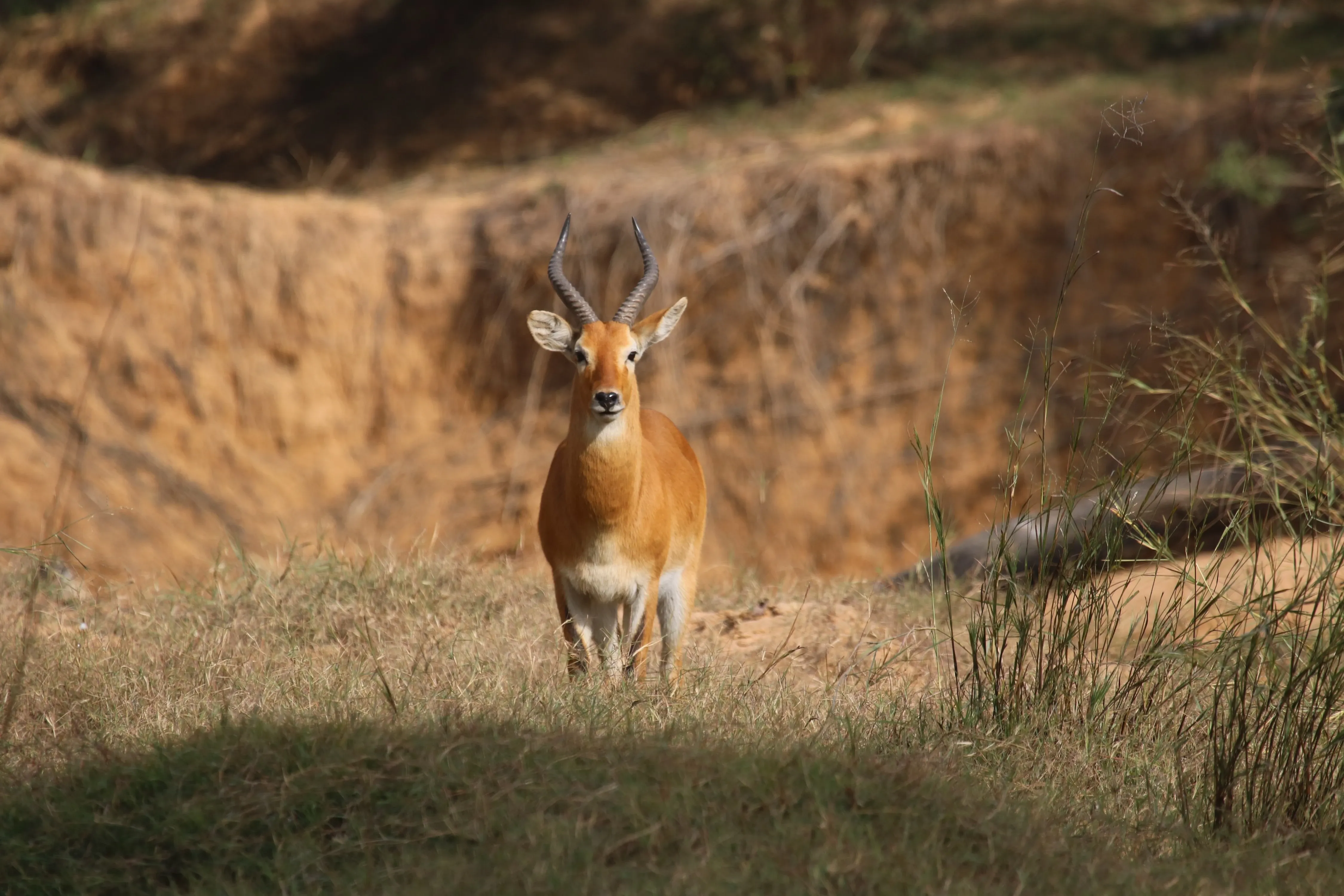
Best time to visit Zakouma National Park
The best time to experience the best conditions is during the dry season between January and May, while the Harmattan winds from the Sahara in the north keep the rains at bay. Although the stifling heat pushes the comfort boundary, there is no rain, and game viewing is exceptional.
Travel to Chad is now a blip on the mainstream safari radar, but for those seeking out superb experimental adventures, across the divid, it’s far more than a blip. It is bucket-list material!
There is so much I could tell you about Chad and this precious national park. A week or 10 days here will forever change your outlook on African conservation, and you will depart feeling inspired. And of course, there is much about the beautiful reserve, the people and its wild secrets to share. Perhaps best done around a campfire at Zakouma?
Let's safari!
Alan McSmith
Sign up for the newsletter
By clicking on “Subscribe now” I will subscribe to the Conscious Explorer newsletter with all the information about mindful travel. Information on the success measurement included in the consent, the use of the shipping service provider MailChimp, logging of the registration and your rights of revocation can be found in our privacy policy.

